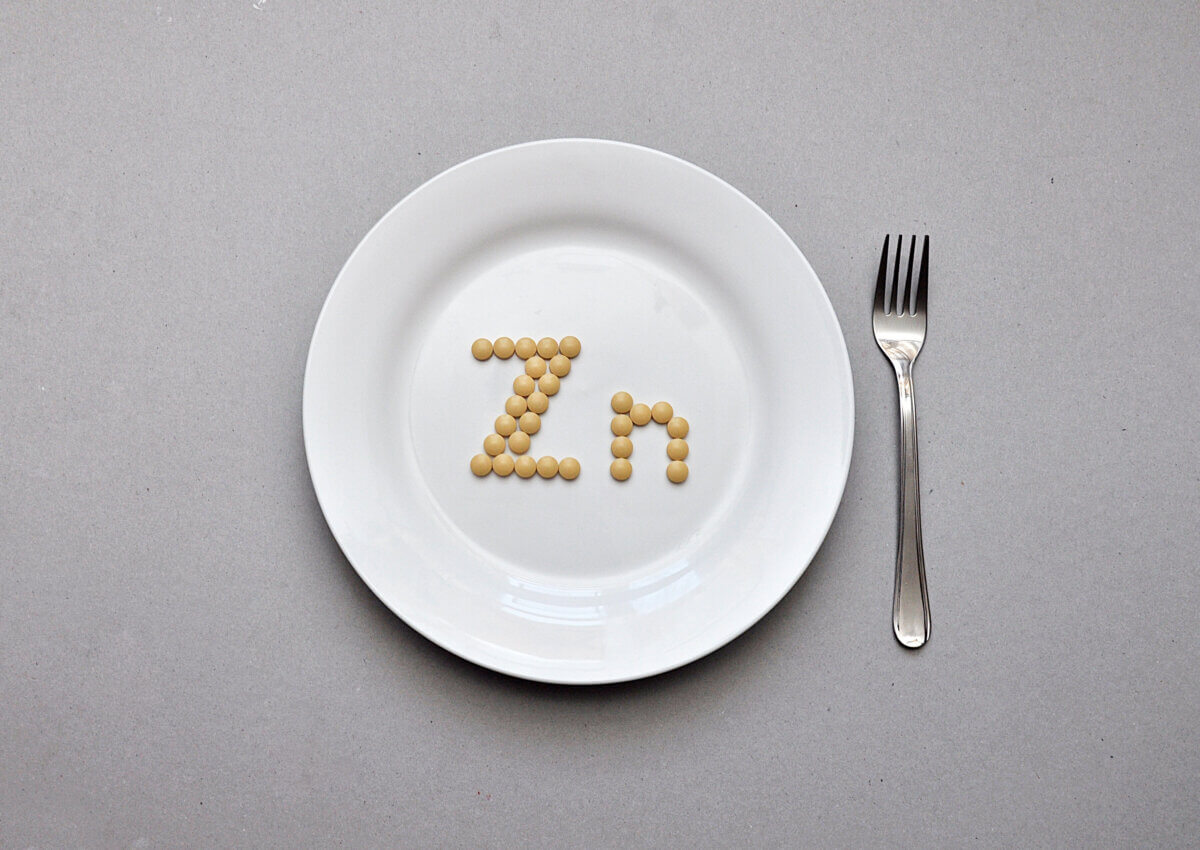Hormonal birth control is a convenient way to prevent pregnancy and/or help treat hormonal conditions like endometriosis and polycystic ovary syndrome (PCOS). Although women find both relief and autonomy with birth control, there are still drawbacks. Typically, commonly discussed side-effects include things like skipping a period or weight changes. Nutritional deficiencies are a much less talked-about issue.
Just because you have nutritional deficiencies and are on the pill, it doesn’t mean that the pill is causing them. However, it’s important to know that they can lead to these nutritional problems or exacerbate an existing problem. Even if you eat well, exercise, and pop a vitamin every now and then, it may not be enough to keep you afloat health-wise. This is especially true in the setting of long-term use, which is usually the case for those who take birth control.
How does hormonal birth control lead to deficiencies?
Even dating back to the 1970s, studies on oral birth control have reported that it depletes the body of crucial vitamins and minerals, specifically ones vital for fertility and reproduction. Back then and still to this day, women do not hear about this when they’re taking the pill. Exact mechanisms to explain why this happens are still being studied, but scientists believe that the explanations vary depending on the nutrient. Additionally, birth control impacts several bodily processes such as liver functionality and gut permeability, which all plays a role in nutritional status.
What actually gets depleted?
Most notably, birth control can drain the body of B12, folate, B6, magnesium, and zinc. There are a few others, but these are the big ones. Being deficient in all of these nutrients can worsen hormone imbalance, yet correcting hormones is a top reason many women take birth control in the first place.
B vitamins:
- B vitamins in particular are incredibly important for fertility and reproductive health, particularly in fetal development. While some women on birth control are taking it to effectively prevent pregnancy, this is still important to know in the event that they one day choose to try to conceive.
- B12: B12 assists in regulating hormone function by breaking down excess estrogen and allowing it to be released from the body. Women who are deficient in it are at higher risk of infertility and cycle irregularities. Studies also continue to show that in combination with folate, B12 improves maternal and fetal outcomes.
- Folate: Folate in and of itself is key for preventing major birth defects like brain and spine abnormalities, which is why you might already know that it’s the main nutrient that doctors pay attention to the most during pregnancy. It can raise progesterone (which is typically low when hormones aren’t balanced), promote regular ovulatory patterns, and even reduce hot flashes in menopause.
- B6: This vitamin is crucial for maintaining a proper balance between estrogen and progesterone. In the setting of deficiency, progesterone remains low and promotes imbalance. The vitamin has also been shown to reduce stress, anxiety, and depression, all of which many women on birth control report feeling more often.
- **Note: Alcohol consumption also depletes all of these!
Magnesium:
- This mineral is involved with over 3,000 reactions in the body, from the bones to the brain. Hormonal birth control isn’t the only explanation for deficiency. A lot of things can lower magnesium levels in the body like certain medications, sugar intake, and stress. If you struggle with a condition like PCOS and are on birth control, it’s important to be mindful of magnesium losses because the mineral is critically involved in the making of estrogen, progesterone, and testosterone. This is on top of making sure that they all stay in proper balance and clear estrogen that isn’t needed. Given that there are so many external factors that make magnesium deficiency as common as it is, it becomes even more important to stay on top of it if you’re on the pill.

Zinc:
- Proper zinc balance is key for nourishing the ovaries and promoting a healthy cycle. Many women on birth control end up skipping periods or don’t have them at all. This is often a positive thing for them, but not for their body. Zinc works closely together with iron and copper for proper metabolism. Due to not bleeding every month, it’s typical to see an increase in iron and copper and a decrease in zinc due to iron not being excreted via period blood. Scientists are still working on figuring out whether true zinc deficiency is noted in birth control users, but they consistently find that the levels in the body are altered.

Bottom Line:
If you feel prompted to run to the nearest drug store and get all of these supplements, slow your roll. Be cautious with supplementing nutrients like zinc as it can create problems for your brain and induce oxidative stress. B6 is also the B vitamin most likely to cause toxicity, causing brain and muscle problems. If you suspect nutrient deficiencies and are on birth control, be sure to talk it over with your doctor and dietitian and get tested if indicated before taking next steps.
You might also be interested in:
- A Dietitian’s Take: If you only take one supplement, this is the one to pick
- Best Zinc Supplements: Top 5 Health Boosting Vitamins Most Recommended By Experts
- With OTC birth control pill approval likely, pharmacies could play an ever-increasing role in reproductive health care


Excellent article. Good to see Dietians focusing on particular nutrients.